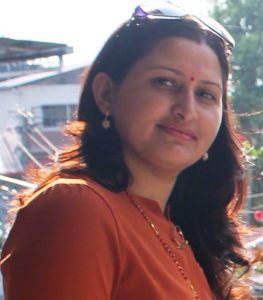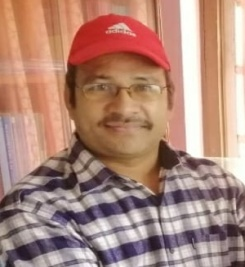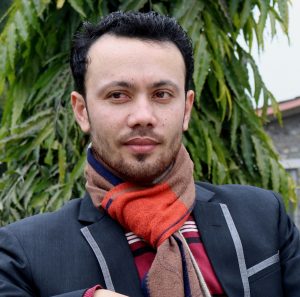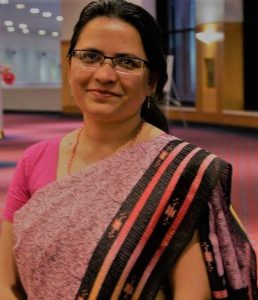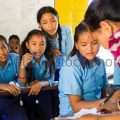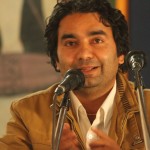Dear valued readers and contributors,
Greetings!
We are delighted to present you with the final issue of 2023, a collaborative effort made possible by your steadfast support and contributions. Our heartfelt thanks go out to our readers, contributors, friends, and critics for their invaluable roles. This edition delves into various topics, such as the hurdles faced in under-resourced classrooms in Nepal, the incorporation of ChatGPT in English teaching, reflections from the experience of crafting a master’s thesis, and the beneficial influence of local materials in English language teaching.
In the first blog post, Binod Duwadi, explores the challenges of large, under-resourced classrooms in Nepal, drawing on personal experiences as both a student and educator. It highlights the global nature of these issues in developing countries, discusses their impact on student engagement, and advocates for context-specific teaching strategies, emphasizing the need for policy changes to address educational inadequacies.
Dashratha Rai, in the second post, shares his journey of writing his master’s thesis highlighting the challenges and strategies he employed. Initially unsure about the thesis writing process, he faced difficulties and anxieties. The article details his evolution from copying others’ work to autonomous reading and writing. Rai stresses the importance of early initiation, avoiding procrastination, and seeking regular feedback from supervisors.
In the third blog post, Dammbar Singh Saud explores the impact of integrating ChatGPT in English language teaching, noting positive aspects such as fostering individual development and creativity. He encourages educators to embrace ChatGPT as a beneficial challenge, particularly for personalized guidance and goal setting. Saud acknowledges concerns, advocating for responsible usage and ethical considerations suggesting a balanced approach for institutions, leveraging ChatGPT cautiously to enhance learning while preserving academic integrity.
Finally, in the fourth blog post, Sagar Poudel highlights the importance of integrating local and cultural assets in teaching, emphasizing their positive impact on education. He calls for a shift to lively, contextual learning tailored to individual students, valuing native languages and resources. Recognizing challenges, he stresses integrating these into teacher education, advocating for uniform guidelines and supportive policies.
Here is the list of blogs for you to navigate in this issue:
- Engaging Students in Large Class: An Experience of an English Teacher by Binod Duwadi
- From the Ground Up: Thesis Writing as a Transformation of Academic Skills by Dasharath Rai
- AI in Education: Exploring Implications of ChatGPT in English Language Teaching by Dammar Singh Saud
- Reflecting the Impact of Local Instructional Materials in Nepali Teacher Education Sagar Paudel
Finally, we would like to thank our reviewers in this issue, Mohan Singh Saud, Nanibabu Ghimire, Jeevan Karki, Karuna Nepal, and Puskar Chaudhary for their relentless effort and contribution.
ELT Choutari serves as a platform for researchers, scholars, educators, and practitioners to exchange perspectives, practices, and stories originating from classrooms and communities. If you find the articles engaging, we encourage you to share them within your network and provide your comments. Your feedback is also welcomed on our Facebook page. Thank you for your continued support in fostering a collaborative and enriching educational community
We look forward to your blogs and articles at 2elt.choutari@gmail.com and invite you to stay tuned for our anniversary issue soon.
Happy reading, thinking, questioning and reflecting!


